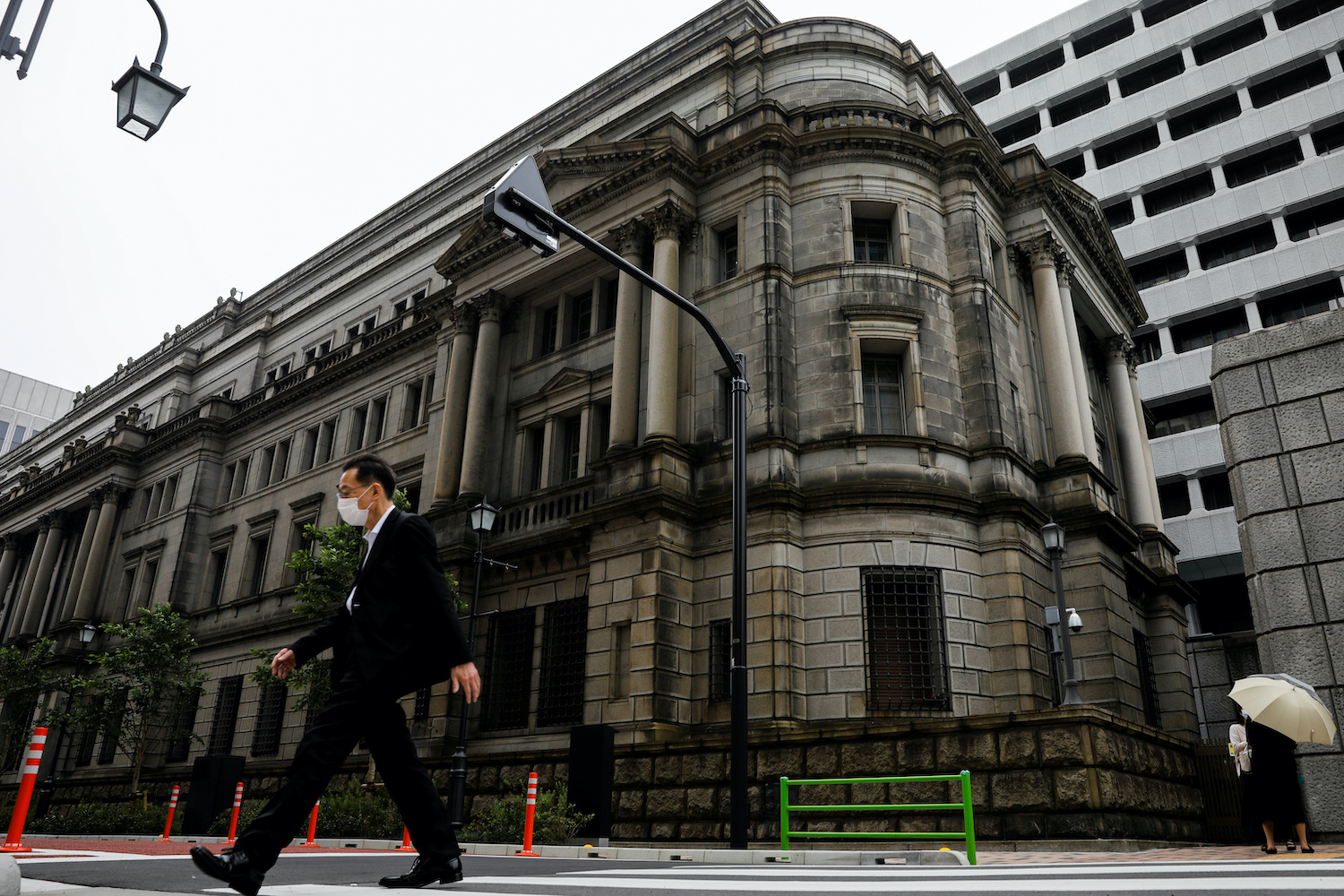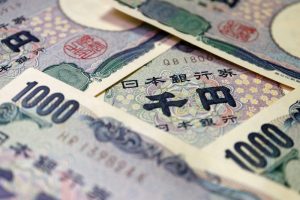Japanese bank lending rose 0.6% in November from a year earlier, data showed on Wednesday, slowing from the previous month’s pace.
The data suggest that corporate funding strains continued to ease as the economy emerges from the coronavirus pandemic’s hit.
Big companies are paying back loans they received last year and are not borrowing as much, in a sign they have weathered the cash crunch.
The data will be among factors Bank of Japan policymakers will scrutinise in deciding whether to scale back emergency lending schemes introduced last year to cope with the pandemic’s initial damage.
Outstanding loans held by the country’s four main categories of banks, including “shinkin” or credit unions, stood at a record 577.075 trillion yen ($5.08 trillion), BOJ data showed.
Smaller Increase Than October
The increase in November was smaller than a 0.9% gain in October. Loans by major banks fell 1.1% in November, more than a revised 0.7% drop in October, the data showed.
The BOJ ramped up purchases of corporate bonds and commercial paper, and introduced a loan scheme aimed at channeling funds to small firms via financial institutions last year to combat a cash crunch caused by the pandemic.
The recent spread of the Omicron variant complicates the BOJ’s decision, expected to be made as early as next week’s rate review, on whether to phase out the programmes when they reach their current deadline in March 2022.
“Even if Omicron proves more transmissible than the (earlier) Delta variant, its impact on Japan’s economy could vary substantially depending on how deadly it is, how well it evades vaccines, and (prime minister Fumio) Kishida’s appetite for draconian containment measures,” Tom Learmouth, Japan economist at Capital Economics, said.
- Reuters with additional editing by George Russell
SEE MORE:
BOJ Cuts Growth Forecast, Outlines Climate Lending Scheme
Government, BoJ Agree on Inflation: Japan Times
Japanese Firms Set to Test Digital Currency, Launch in FY2022
























